The doors of Akal Drug De-Addiction Centre in Punjab’s Sangrur district have borne silent witness to a lot. For the last 17 years, they have essayed the role of a portal. Hundreds of youth walk into the centre each year, suffocated by the grip of addictions and stubborn to change.
Years later, they walk out, with an unmistakable spring in their step, no longer slaves to circumstance. To know what happens behind those closed doors that transform the lives of the youth of Punjab, turn your gaze to 91-year-old Col Dr Rajinder Singh. A harbinger of change, Singh helms the drug de-addiction centre, which is focused on helping addicts reclaim their agency and lives.
The perils of addiction continue to shock Singh, even after decades of experience in addiction psychiatry.
Recalling one of “the most dangerous kinds of addictions” he treated in 1990, he shares, “There was this person who had reared a snake, and would often get bitten by it on his tongue. He enjoyed the euphoria it produced.”
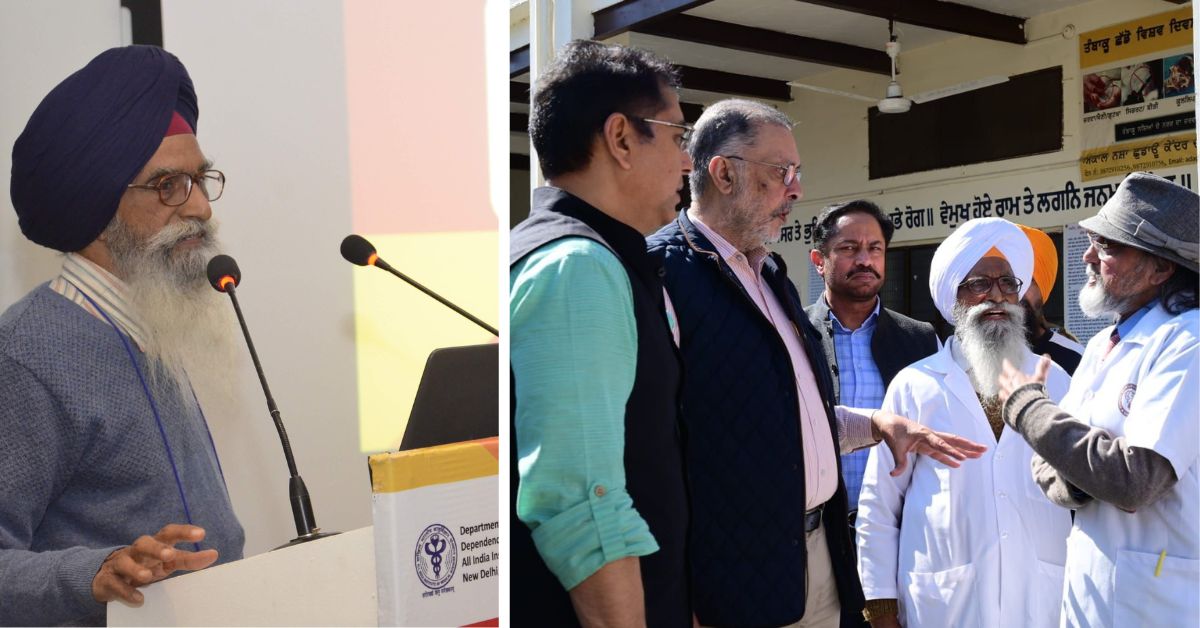
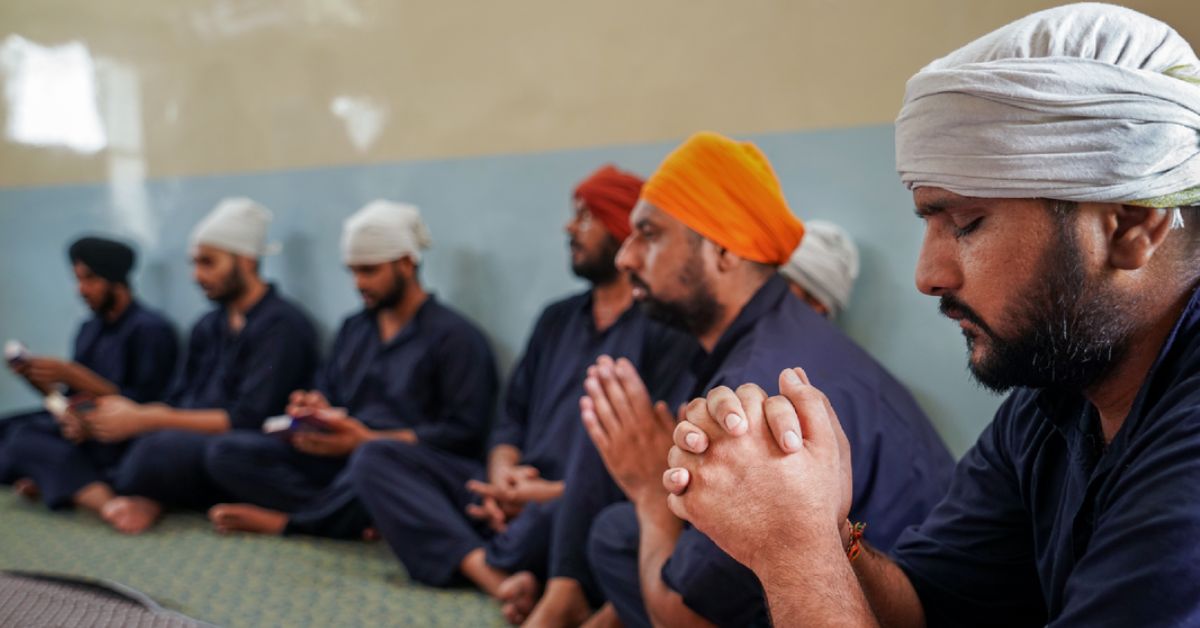
In the case of any addiction, Singh observed, transformation is contingent; compassion and steady help can work wonders. He credits his days in the army for deepening his understanding of the psyche behind addictions. “Army personnel are exposed to highly stressful situations. Long periods away from home can affect their mental health. Some even experience post-traumatic stress disorder (PTSD) after combat and war.” Singh, who was part of the Indo-China war (1962), knew first-hand the kind of emotional turbulence that accompanies the call of duty.
So, today, as he watches addicts regain their autonomy, the feeling of pride is personal.
The road to achieving sobriety
Mohit (name changed on request) was 11 years old when he first discovered the whitener. He loved the smell; the toluene drug is responsible for the addictive odour. Soon, Mohit found himself intentionally making mistakes while doing his homework, using any excuse to use the correction ink.
It wasn’t long before he didn’t wait for mistakes at all. He would simply open the bottle and inhale the intoxicating odour. That was the start of Mohit’s addiction, which grew steadily for a year until his father found him reeking of ‘white ink’ one day. No amount of counselling helped; the young boy even dropped out of school.
Singh recalls Mohit’s defiance the day his father, desperate for a solution, brought him to the centre. Singh took the boy under his wing. Today, seven years later, Mohit is an independent adolescent. “My son earns Rs 300 daily. He has never returned to smoking, using eraser fluid, or other addictive substances,” his father shares.
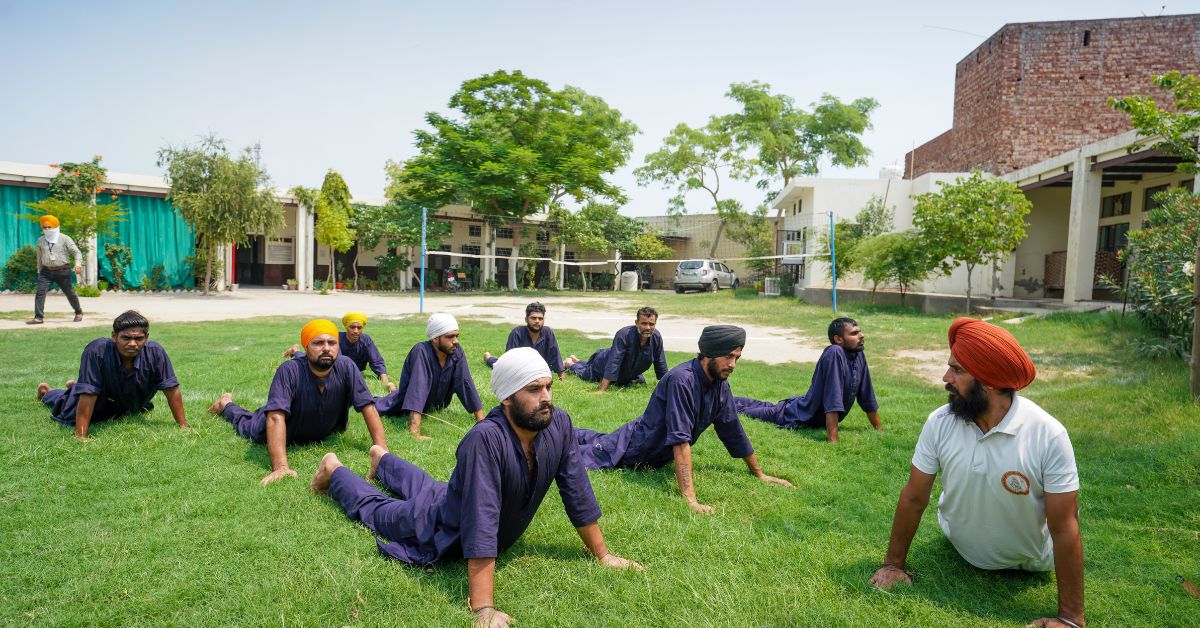
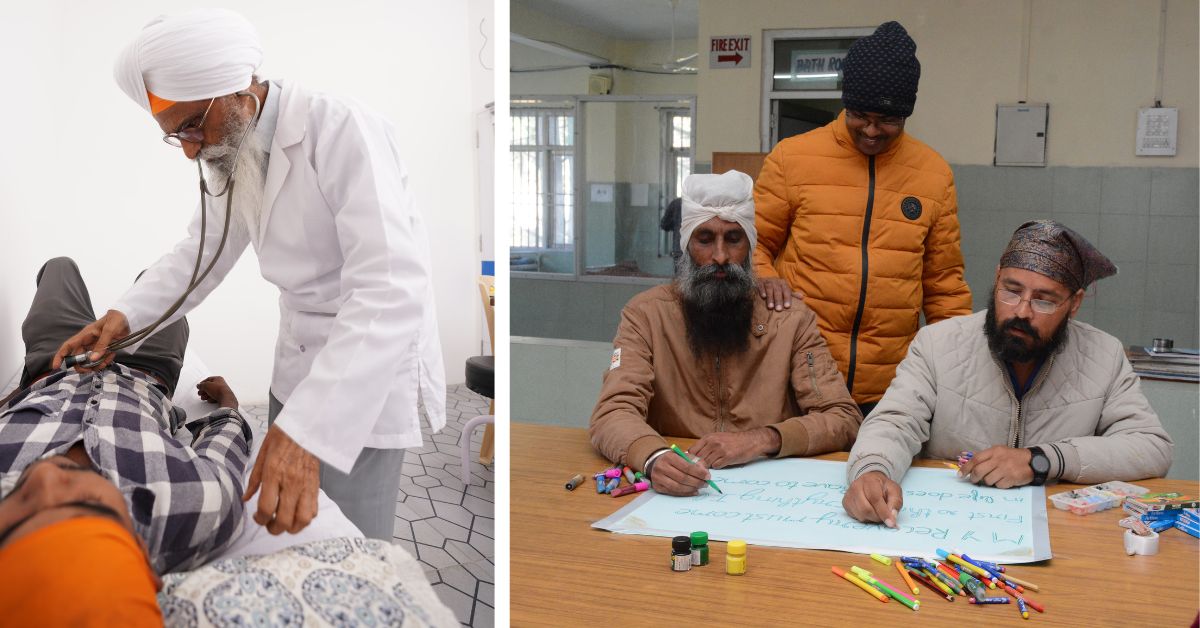
Singh’s mode of mentorship is simple. There is no room for haranguing or preachiness. Instead, he is cognisant of his proteges’ pain. He learned this empathy while training under Dr Vidya Sagar, the father of Indian psychiatry, at the Government Mental Hospital, Amritsar — Singh’s first posting after joining the Punjab State Medical Service following the completion of his MBBS degree in 1957.
While the war took up his time over the next few years, he later pursued an advanced course in psychiatry at the Armed Forces Medical College, Pune, followed by an M D in Psychiatry from PGIMER, Chandigarh, in 1979.
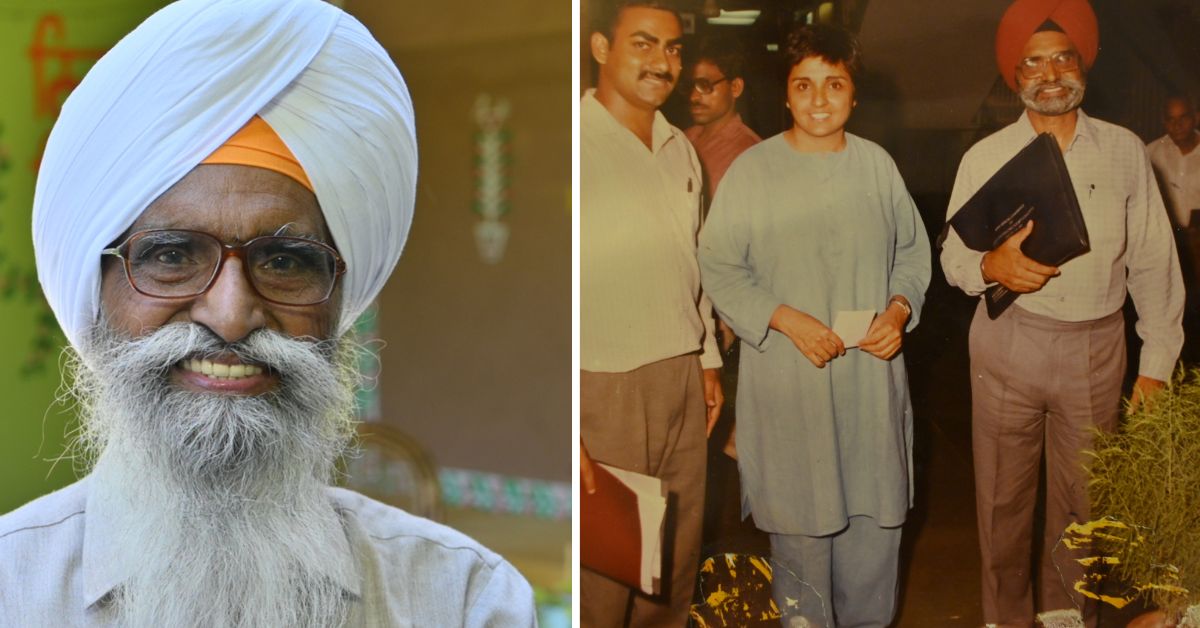
In 1980, Singh began voluntary service at the Kalgidhar Trust — a non-profit focused on improving the lives of rural communities in North India — and was urged by its President, Shree Baba Iqbal Singh Ji to start an arm to treat youth afflicted with drug abuse.
Building a de-addiction centre from the ground up
What is now a 50-bed centre, complete with state-of-the-art facilities, spirituality, meditation, yoga, sports activities, pharmacies and laboratories staffed by medical officers and social workers, was once just an idea.
Singh shares, “Back in 2004, there was no building, infrastructure or mental health professionals. I started examining patients on the Gurudwara premises. A few volunteers, trained in the basic medical services, looked after indoor cases.” Gradually, the number of patients increased to more than 20, and a community hall in the adjoining village was acquired from the panchayat (village body).
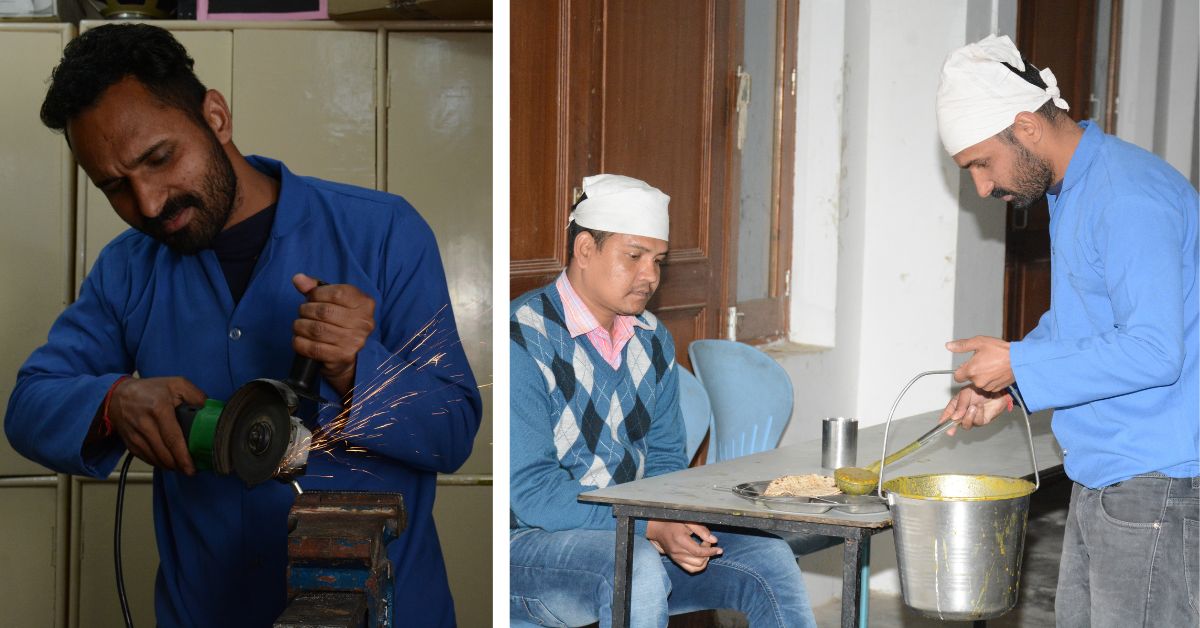
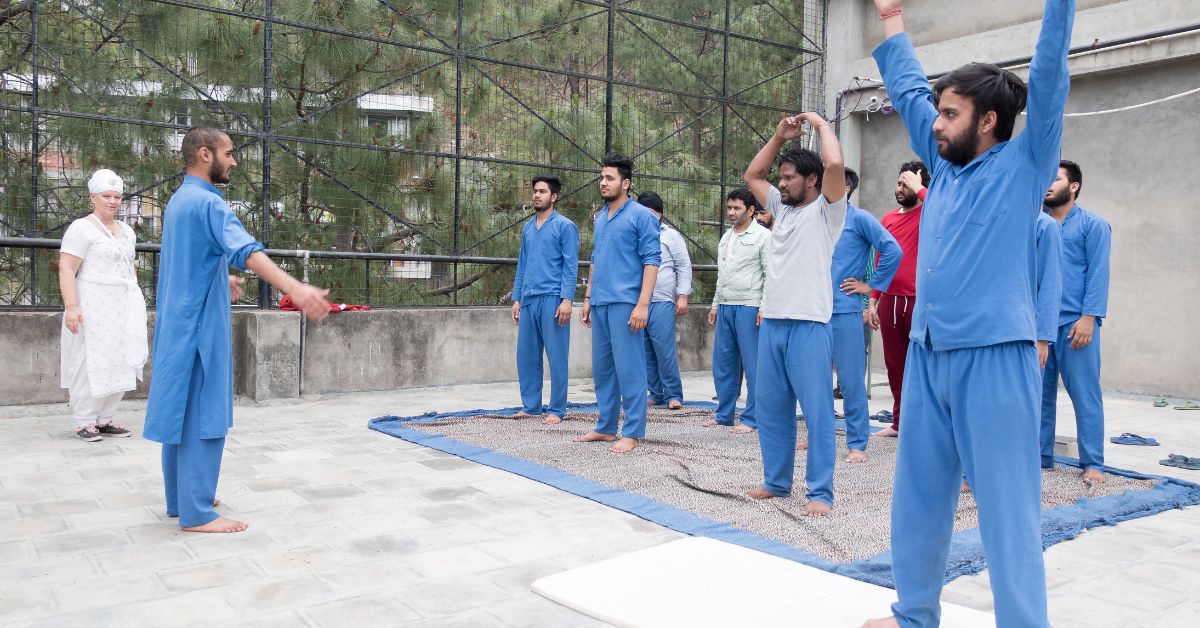
Over time, the team expanded to include Onkar Singh, a counselling psychologist, Dr Sukhwinder Singh, a psychiatrist from America, and another doctor from Germany. In 2007, a new building was constructed at Cheema Sahib, now known as Akal Drug De-Addiction Centre.
The journey to keep the centre running hasn’t been without its challenges.
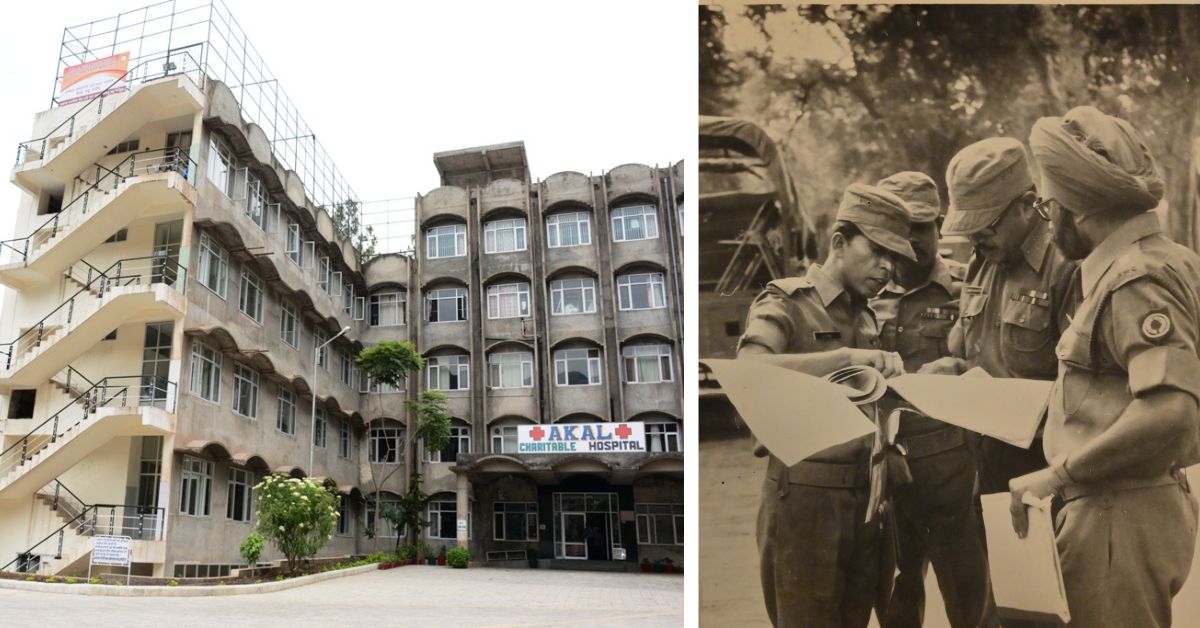
Take, for instance, the episode in 2009, when a liquor vend was instated in front of the centre. The absurdity was not lost on Singh, who lobbied for support by writing to the Chief Minister, Minister of Social Welfare, Excise Commissioner, and Principal Secretary of Health of Punjab to have the liquor shop removed.
“But I did not get a response. So, I wrote to the serving Hon’ble Judge of the High Court, Mehtab Singh Gill. After a few months of hearings, the High Court censured the Punjab Government and ordered the liquor vend to be shifted out of the village.”
Challenges will come, Singh iterates, but solutions will follow. To this, he adds, that the road to rehabilitation is similar. In the nascent stages of withdrawal, addicts experience crippling insomnia, headaches, nausea, and severe restlessness. In the later stages, addicts find themselves weathering bouts of depression. But, resilience can help.
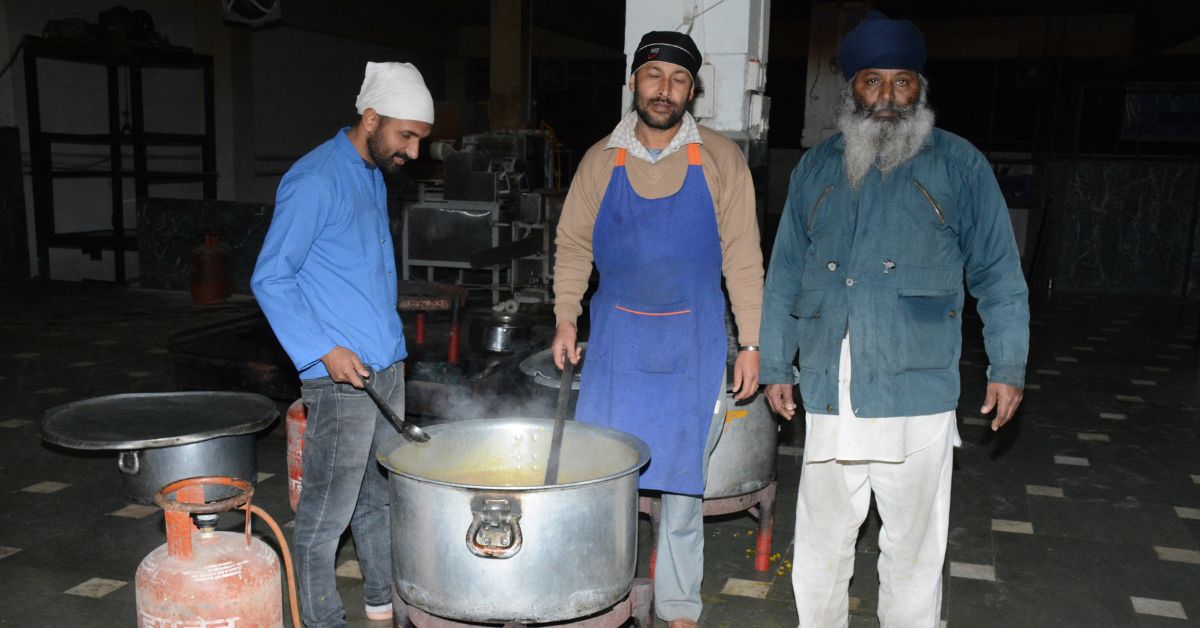
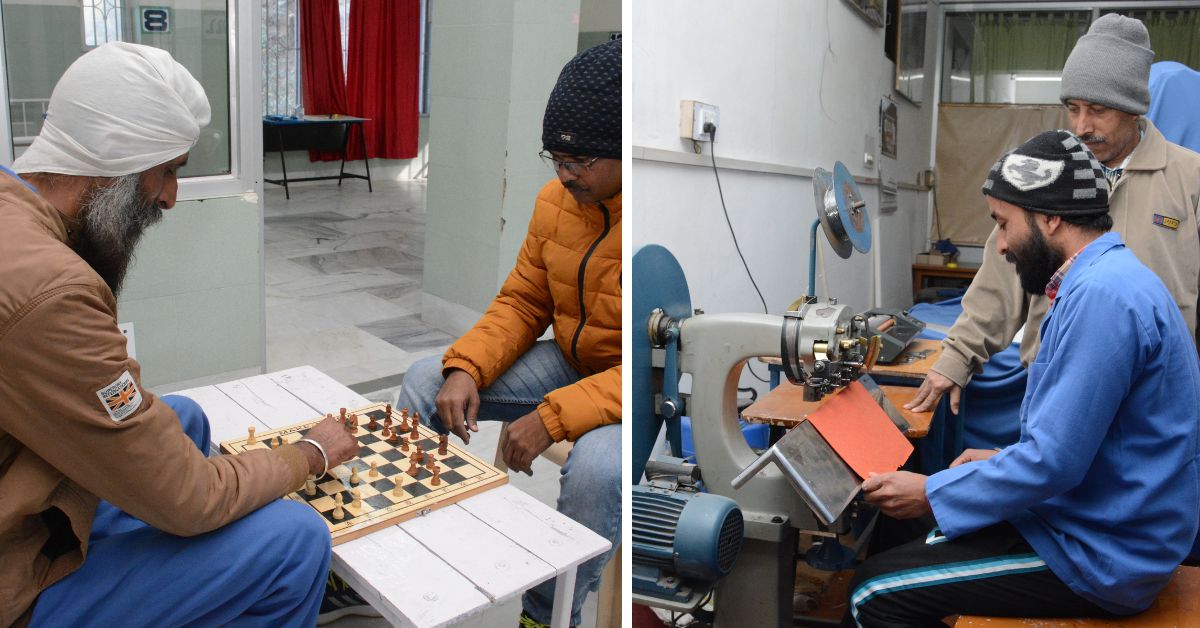
The end goal of rehabilitation is moral reckoning. It is only after this, that transformation can begin.
Singh tells the story of 32-year-old Deepak (name changed on request), who was admitted for a nine-year history of using intravenous injections of Norphin mixed with Avil and Fortwin. “His father, having lost a younger son to a similar problem, feared for his remaining son’s life. The patient had been divorced twice due to his addiction.” Initially hesitant to the recovery plan — detoxification, medication, individual and group counselling, and spiritual healing — Deepak softened his stance with time.
“His withdrawal symptoms subsided, he gained six kilograms, his sleep and appetite improved, and his mood became cheerful. He was discharged with advice for regular follow-ups,” Singh notes. Today, Deepak works in a factory, is happily married, and has referred over 60 addicts from his area to this centre.
As for Singh, rest is a far-fetched concept. Despite being 91, he divides his time between the Akal Drug De-Addiction Centre, another similar centre at Baru Sahib in the Sirmaur district of Himachal Pradesh established in 2016, and the Bhai Kanhaiya Dispensary, founded in 1991 by his wife, Dr Savitari R Singh.
Plans for a third de-addiction centre at Chunni Kalan near Mohali in Punjab are in the works.
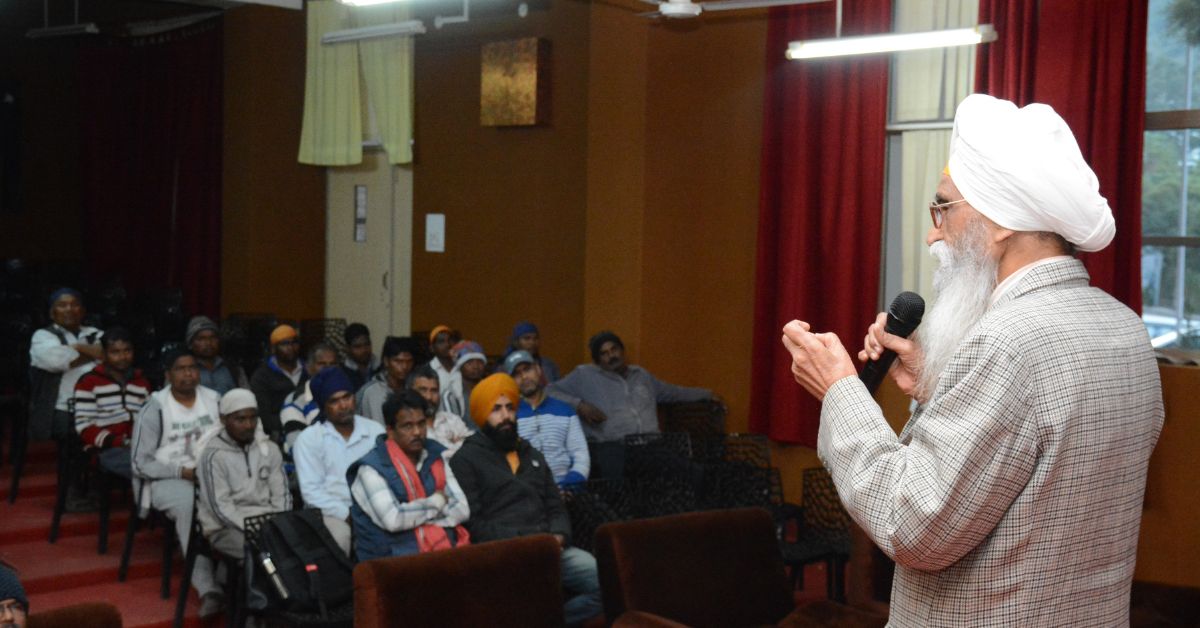
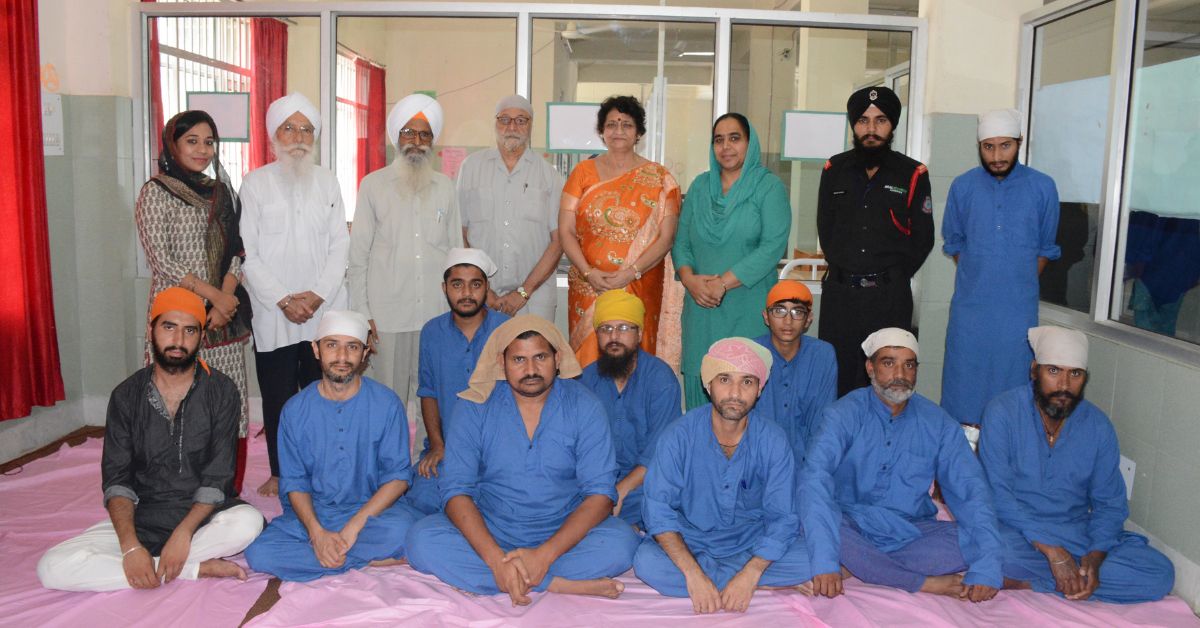
Decades ago, at the cusp of his professional journey, Singh read somewhere, ‘To be the best, you must be able to handle the worst’ and took the words to heart.
Since then, service has been at the forefront of his endeavours. With over 10,000 patients having benefitted from the drug addiction centres, Singh is certain the work is achieving its intended effect.
What motivates him to keep at this mission? I ask. “Mein akela hi chala tha jaanib-e-manzil. Log saath aate gaye aur karvaan banta gaya (I had stepped alone towards the destination. People kept coming along, turning it into a caravan.)”
Edited by Khushi Arora; Pictures source: Col Dr Rajinder Singh
No comments:
Post a Comment